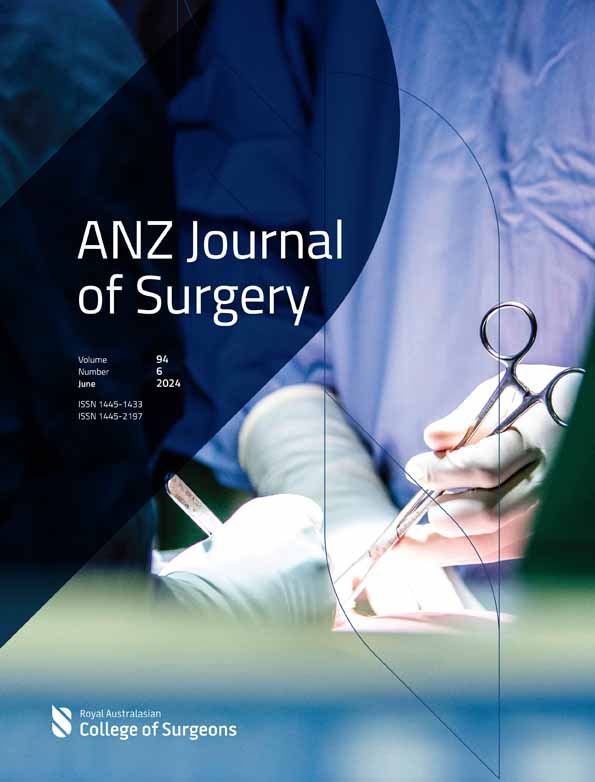Review of Māori equity in surgical trainee selection
Abstract
Background
The Royal Australasian College of Surgeons (RACS) aims to achieve Māori health equity and cultural safety within the surgical workforce. The RACS Māori Health Strategy and Action Plans encourage Surgical Education and Training (SET) selection criteria that recognizes and credit applicants who identify as Māori or demonstrate competence in Māori health issues. This study investigates the current SET selection criteria for Māori entering surgical specialties.
Methods
The selection criteria for each surgical speciality for the proposed 2024 intake were examined through a documentary analysis. Criteria were reviewed for applicability to Māori identification and/or cultural competency.
Results
Criteria related to Māori identification and/or cultural competency make up 6%, 2%, and 1.5% of Otolaryngology and Head and Neck, General, and Vascular Surgery total SET selection score respectively. Criteria related to Māori identification and/or cultural competency make up 9% and 0.1% of Orthopaedic and Plastics and Reconstructive Surgery ranking scores for interview eligibility respectively. Cardiothoracic Surgery, Paediatric Surgery, Neurosurgery and Urology specialties do not incorporate any criteria appertaining to Māori. Allocation of research-related points determined by authorship may disincentivize Māori trainees.
Conclusions
Some surgical specialties fail to recognize or credit Māori identification and cultural competency in SET selection criteria. There is a need for regular auditing to ensure SET criteria align with the RACS aspirations for Māori health equity and cultural safety within the surgical workforce.
Conflicts of interest
None declared.




